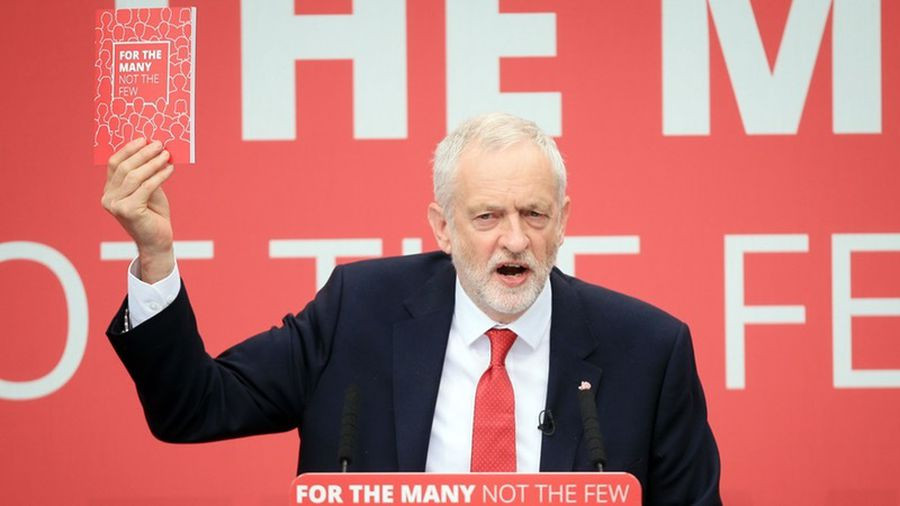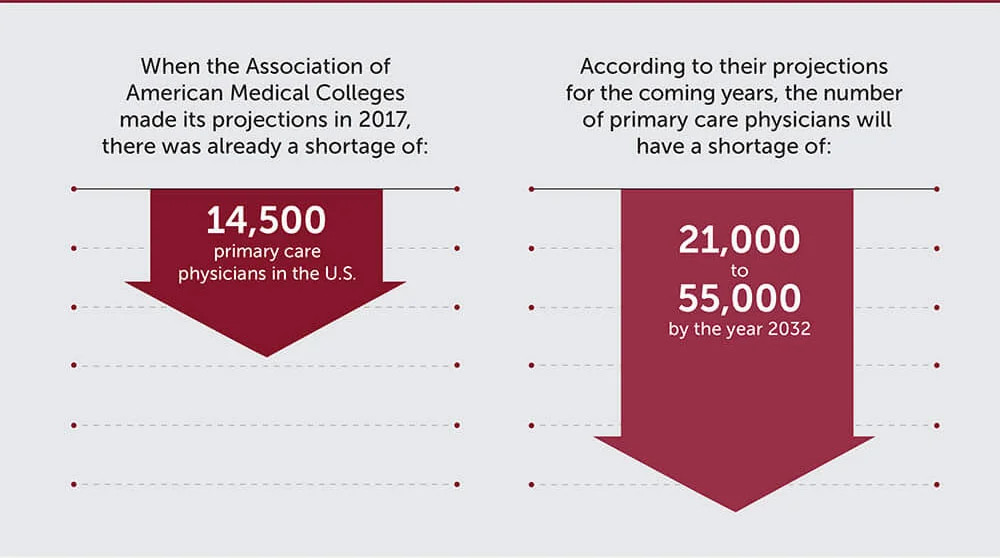£22bn 'Black Hole' in Public Finances Blamed on Tories by Labour
The Labour government has announced a series of austerity measures after discovering a £22 billion 'black hole' in public finances, which it blames on the previous Conservative administration.
In her first major speech as Treasury chief, Rachel Reeves accused the Tories of covering up the dire state of the nation's finances, resulting in the current shortfall.
"They ducked the difficult decisions, they put party before country and they continued to make unfunded commitment after unfunded commitment, knowing that the money was not there," she said.
In response, shadow chancellor Jeremy Hunt accused Reeves of trying to score early political points and said she knew full well the state of the public finances during the general election.
Austerity Measures Announced
To address the shortfall, Reeves announced a series of spending cuts and tax increases, including:
- Scrapping some transportation projects, including a plan to dig a tunnel near Stonehenge
- Replacing the previous government's hospital program with a new one with a "thorough, realistic and costed timetable for delivery"
- Means-testing the winter fuel payment for retirees
- Abandoning a plan to limit the costs individuals pay for their care in old age
Labour's Difficult Decisions
Reeves also put lawmakers on notice that there may be some tax increases when she delivers her first budget on Oct. 30. It will involve "taking difficult decisions ... across spending, welfare and tax."
Labour, back in power after 14 years, pledged during the campaign that it wouldn’t raise taxes on "working people," saying its policies would deliver faster economic growth and generate the additional revenue needed by the government. Reeves could look to raise more revenue by other means such as closing tax loopholes, particularly on capital gains or on inheritance.
IFS: Reeves 'Within Her Rights to Feel Somewhat Aggrieved'
The Institute for Fiscal Studies (IFS), a well-respected economic think tank, had accused both main parties during the election of a "conspiracy of silence" over the scale of the financial challenges facing the next government.
But even the IFS appears to think that the situation was even worse than predicted and that Reeves is "within her rights to feel somewhat aggrieved," especially with regard to the asylum bill.
Difficult Decisions Ahead
The Labour government's austerity measures are likely to be met with criticism from those who believe they will disproportionately impact the poor and vulnerable.
However, the government argues that the measures are necessary to address the country's fiscal deficit and put the public finances on a sustainable footing.
Only time will tell whether the Labour government's austerity measures will achieve their desired effects. But one thing is for sure: the coming months will be a challenging time for the British economy and its citizens.


















